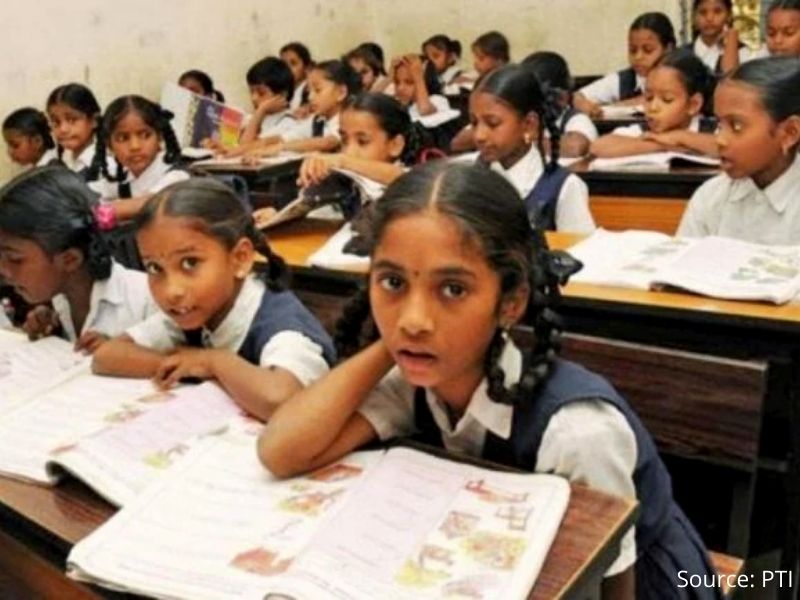Akhila Damodaran
A statewide survey conducted recently by Bangalore-based non-profit organisation Dream A Dream highlights the concerns of government and low-cost private schools about resuming education post-lockdown, and the support they would require from the government. The study ‘Are schools in Karnataka ready for a post Covid-19 world? Dream a Dream’s schools readiness survey’, published earlier this month revealed that 97 percent low-cost schools lack digital support, both in terms of digital learning solutions and training of teachers.
Since schools and colleges have been shut down for the past four months in the wake of the Covid-19 pandemic outbreak, there have been strong recommendations for online classes but none of the 853 respondents comprising school principals, heads of institutions, and teachers had any experience teaching online. Several schools have also not been able to reach out to students as they moved back to their villages due to the lockdown. The study conducted across 28 districts of Karnataka covering schools in both rural and urban areas quotes a school principal in Bangalore saying, “We thought about starting online classes for students but we have two major challenges – none of our teachers are trained in handling online classes and we are not able to contact our students who have moved back to villages.”
More than 32 crore students across the country are adversely affected with the extended mass closure of educational institutions. While some schools have shifted to online teaching, several low-cost private and government schools do not have the required digital support or infrastructure. Students, on the other hand, are not only missing out on learning but also their access to healthy meals and other resources.
As schools have not been able to collect fees from parents, 89 percent of them require financial assistance to pay salaries to their teachers and other staff. The study also found that 96 percent of the schools require assistance in ensuring the emotional and psychological well-being of their students after schools reopen. Schools feel as many children come from vulnerable backgrounds, they would require extra emotional care and support as the pandemic has affected them drastically.
According to the survey, 95 percent of schools wanted to postpone the board exams that were rescheduled for June 25 as they feared that students would not be able to clear the exams due to lack of preparation. Due to the emergency shutdown mandated by the Central government four months ago, the schools had not completed the syllabus or conducted model exams. Also, they were unable to contact many students as they had left for their respective villages. The schools also suggested that the syllabus be reduced for the new academic year. 92 percent of schools that were surveyed said that with the loss of institutional time and the time available, reducing syllabus will be a good option.
Major concerns of schools post lockdown
- Healthy screening and maintaining social distancing at schools
- Well-being and mental health support
- Drastic drop in learning levels
- Dropouts and delay in re-joining schools
- Lack of clarity on how to proceed further and ensure learning continuity of students
Read: Over 87% budget private schools facing challenges of fees collection: Survey
Posted in News, States





















